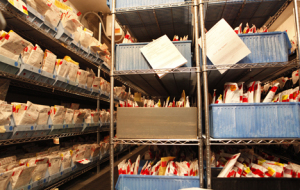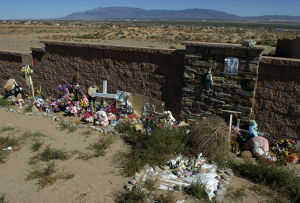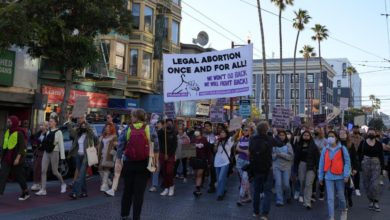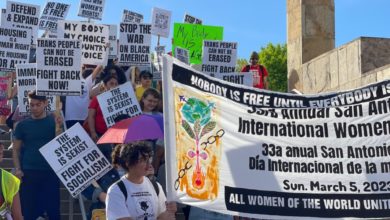
Have you heard about the West Mesa women? In 2009, 11 bodies were uncovered buried in Albuquerque’s West Mesa. The discovery of their bodies initially sparked national attention, but was basically forgotten until recently.
The women whose bodies lay buried beneath the surface lived in poverty, suffered from drug addiction and were linked to prostitution. The facts of their very lives are a reflection of how women are pushed to extremes in order to survive the patriarchal system.
Their deaths are tragic in and of themselves, but the reason the case has resurfaced opens the window to a much larger tragedy of systemic violence against women. The murders of these women could have been prevented.

The West Mesa women’s deaths were never fully investigated. The case is
open to the present day despite a mountain of evidence including DNA found
on one of the women’s pants pointing to one of two prime suspects. The suspect, Joseph Blea, has a long documented criminal history of sexual violence dating back to the 1970’s. Blea is still under investigation in connection to the murder of the West Mesa Women and Albuquerque Police Department is quoted as “Not having enough evidence to convict him.”
On June 8, Blea was convicted and sentenced to 36 years–two mandatory back-to-back terms of 18 years–for the 1988 rape of a 13-year-old girl who was raped after school by a masked man who broke into her home. If that wasn’t enough, he was found guilty of five counts of first-degree rape and one count in kidnapping involving attacks on three victims in 1990 and 1993. The 1988 crime was more than a decade before the West Mesa women’s bodies were discovered.
Why was the conviction just taking place in June 2015? The 1988 rape kit collected dust and was never tested until 2010! A 13-year-old girl courageously reported rape, which often goes unreported because it can be such a humiliating and traumatizing process. Then she was examined for a rape kit only for that rape kit to go untested for 22 years. AND, if the police had tested and the courts had convicted Blea using evidence from 1988, numerous women’s lives and bodies could have been protected from violence.
These are examples of how violence against women is perpetuated rather than protected by the so-called “justice” system. The thousands of rape kits that go untested by police departments across the country leave rapists free from conviction, putting thousands of lives in danger. In particular, investigations of the deaths of poor women linked to prostitution aren’t properly investigated. The police have been known to harass, assault, and target sex workers, especially poor women of color who struggle with drug addiction. Their lives are not less valuable nor disposable, but the system treats them as such.
The patriarchal capitalist system subjects women to violence and exploitation because people’s lives, bodies and livelihoods are commodified and reduced to a means of profit for the tiny elite ruling class of corporate owners and bankers. We need a new system that works in the interest of women, that protects women and uplifts women.






